Iconic Today, How Borosil Went From 12 Years of Losses to a Rs 500 Crore Brand
Founded in 1962, Borosil has become iconic in India for its glassware - from medical grade vials to cups, saucers, plates and even kitchen appliances. Today it is a multi-crore company with 1500 employees.
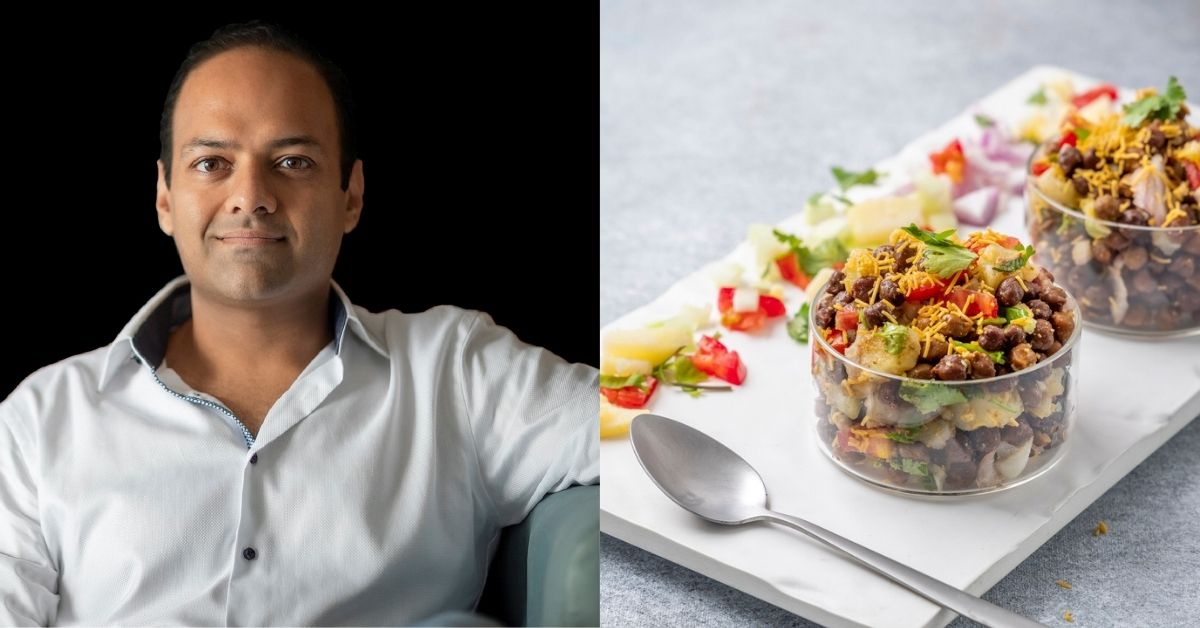
Growing up, amongst all the shiny steel kitchenware there was one set of glassware that I remember would be taken out only when we had guests over. While I would be allowed to take the steel utensils and lay the table, the glassware was something that only my mother handled.
The brand printed along the dish was etched in my memory — Borosil, a four-decade-old brand that is truly iconic. To trace the journey of this brand, The Better India caught up with Shreevar Kheruka, Managing Director, Borosil Glass Works Ltd.
“In the late ’50s, my great grandfather was a broker of jute goods in then-Calcutta and, subsequently, my grandfather, B L Kheruka, also joined him in the brokerage. The duo worked hard and established a successful business, which even started exporting jute goods. However, with the closure of the jute exchange, the business faltered and struggled. At this time, my grandfather felt disheartened with some of the decisions that were being taken and felt he could have done better,” says Shreevar. It was this setback that prompted Kheruka to explore entrepreneurship, wherein he could control the outcome.
In his quest to find an industry where he could set up a business, Kheruka travelled to various parts of the world, including Germany and Japan. “After a lot of research, it was down to either setting up a business that worked with paper or glass. They applied for both the licenses and since they were given one to start a glass business, Window Glass Limited came into being,” says Shreevar.
In 1962 Window Glass Limited, as Borosil was known then, entered into a joint venture with Corning Glass Works USA to manufacture and sell Industrial and Scientific glass. While the decision had been taken to enter the glass business, it was a huge struggle given that the founders were not well versed with the industry. “For almost 12 years after the company was founded, it continued to make losses,” says Shreevar. However, Kheruka continued with the venture. “There was this unflinching belief in my grandfather that things would start looking up and turn around for the better. That kept them going,” he says.
A Family Tradition
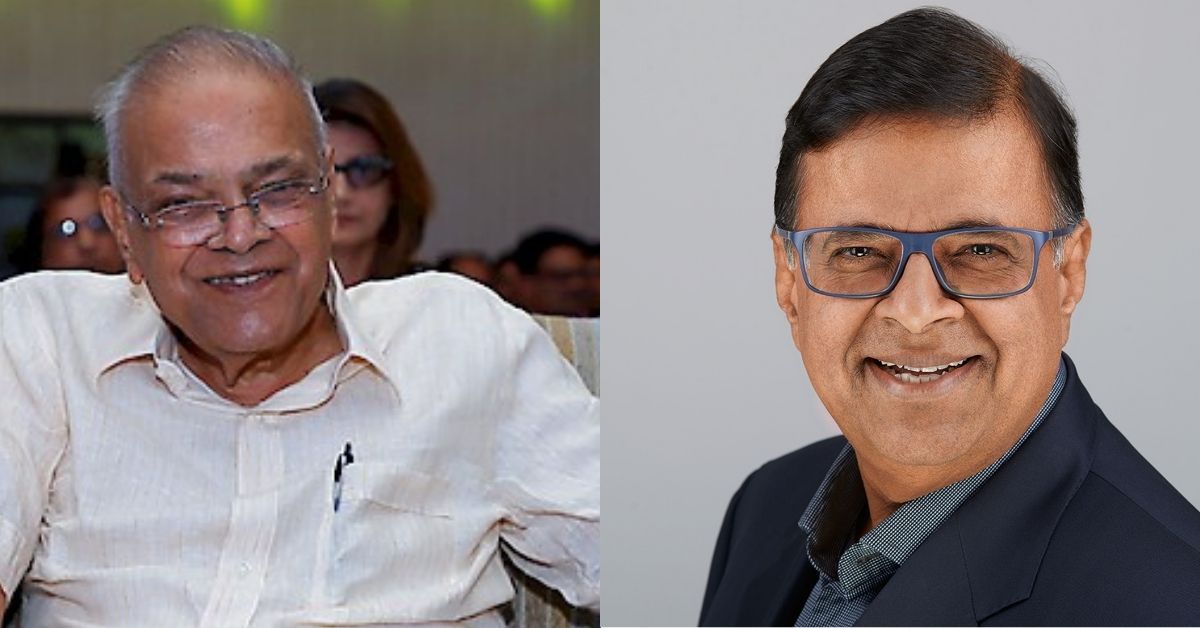
Borosilicate glass–which is a kind of glass that does not crack when used under extreme temperatures, making it suitable for laboratory and industrial uses–became the flagship brand of the company.
Soon, this inspired a new name for the brand – Borosil. The ubiquitous home and kitchenware brand that we see now was not there yet. The company was mainly a scientific product manufacturing company with a few consumer products. In 1988, Kherukas bought out Corning’s shareholding from the JV and took control of the company, thereby starting their own journey.
While today the company is well known and is highly profitable, it was not an easy journey, and the growth coincided with the third generation joining the business when all the chips were down.
While for Shreevar’s father, Pradeep Kheruka, joining the business was a natural progression and he did so when he was all of 18, Shreevar says that he took his time before he decided to join. “I wanted to study abroad and also work for a few years before I made up my mind on what to do,” he says.
After three years of studying abroad Shreevar convinced his family that working there and gaining some experience would be great for him. “I studied at the University of Pennsylvania and took up a summer job at Goldman Sachs and thereafter a consulting firm in Boston. One and a half years into my job, in 2006, I got a call from my father reminding me about how a business awaited me in India,” he says.
Baptism by Fire
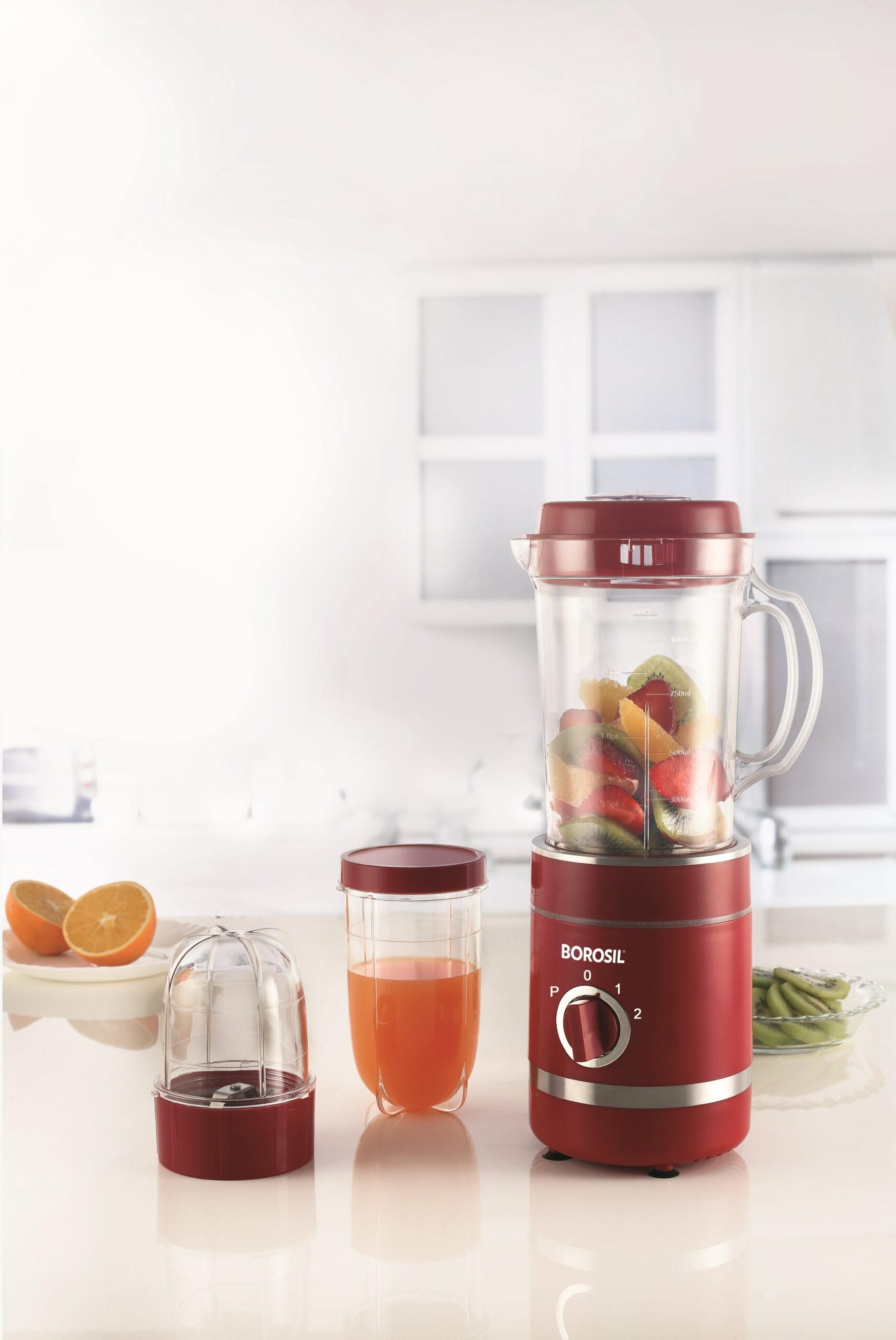
With Shreevar joining the business in 2006, he says it felt almost like he was ‘thrown into the deep end’. “It was a very tough time for the business and I was put through a trial by fire. In retrospect, it was a good thing but when I was in it, I couldn’t think of it in such a rational manner,” he says. The first five years of the journey was filled with self-doubt and not on several occasions Shreevar says he asked himself if coming back to join the business was a sensible decision to have made.
Speaking about some of the challenges, Shreevar says, “The cost structure of the company, without any anticipation, shot up and the competition that we had in the market also suddenly burst. We had several union issues and various local issues with expanding our plant in Mumbai. Even getting approvals from the local authorities was proving to be a huge challenge.” All these issues, which came together left the team demoralised and also put a spanner in the cash flow of the company.
There was also a period of time when Shreevar says that even paying salaries was getting tough. “I’ve had sleepless nights trying to find a way out of that situation,” he says, adding, “What kept me going was the need to stay away from failure. There was a little bit of pride there as well – I had come back from the US, having left a fairly successful job and I didn’t want to be termed a failure at my own business.” But among all the challenges, there was one thing that stood out for the company – the brand value of Borosil.
With every customer visit, Shreevar drew strength from the strength of the brand.
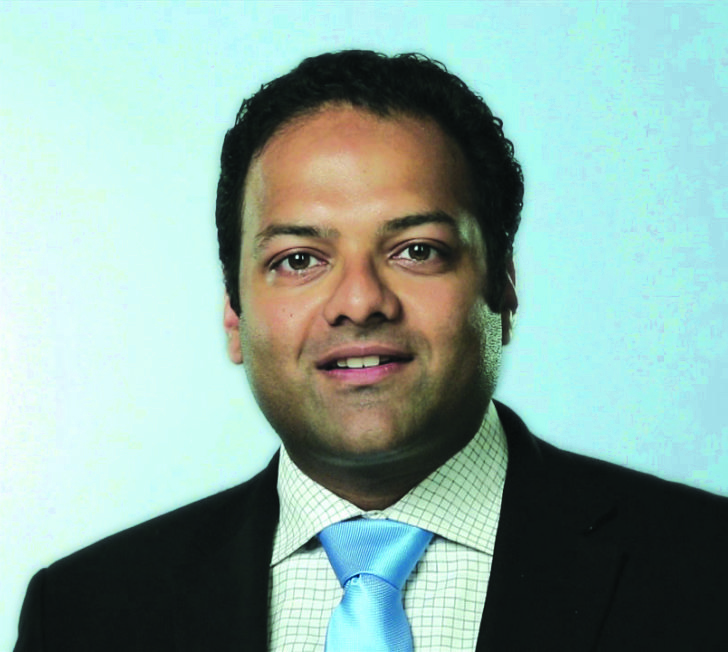
“Everybody liked the brand and loved the products, and in having those conversations I saw a potential to turn things around,” he says. Just seeing that the brand had such a strong recall value was something that Shreevar felt motivated to build on.
In order to capitalise on the brand recall value, the company diversified more into the consumer space, and into specialised glass. “From manufacturing glassware we have forayed into serving glassware as well. Today, we have cups and saucers, plates, bowls and even kitchen appliances like toasters and mixer-grinders. The scientific arm of the business is now producing vials and various lab instruments as well,” says Shreevar.
Today, there are two listed companies – Borosil Limited and Borosil Renewables Limited. While Borosil Limited did about Rs 600 crore revenues last year, Borosil Renewable brought in Rs 500 crore as revenue. With a combined strength of close to 1,500 employees across both companies, there are more than 1000 SKU’s in the consumer department.
‘Do not seat yourself in an ivory tower’
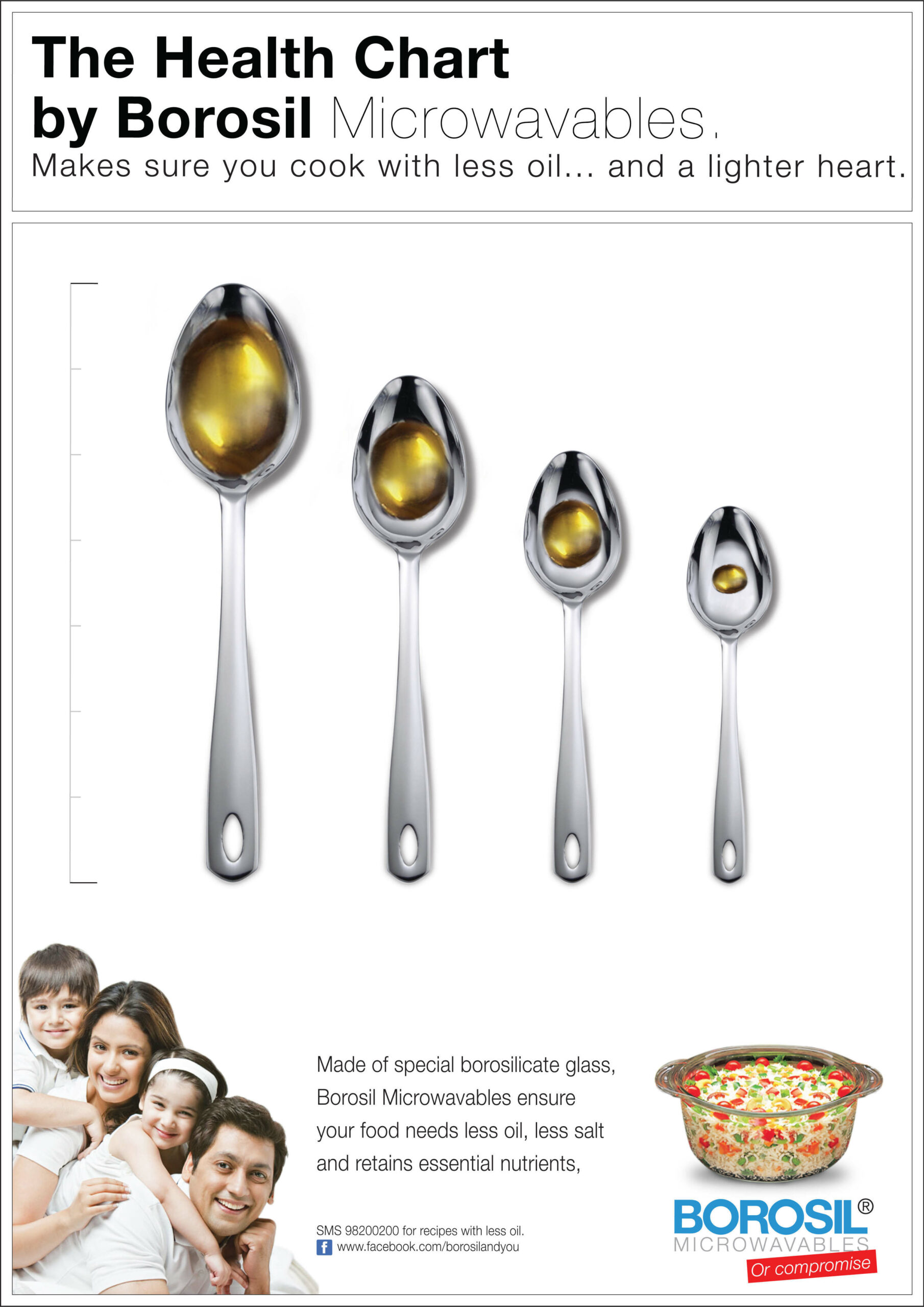
Despite the growth, Shreevar has not forgotten the importance of the brand and customer feedback. “We have a robust mechanism to assess the customer complaints that we get. I track these and keep a tab on how quickly a complaint is closed. We have a target to close complaints within three days, anywhere in the country. Along with this, we also try to see what corrective and preventive action we can take to ensure that the issue does not crop up in the future.”
Pre-COVID, Shreevar says that he would visit various cities to meet with customers and have conversations with them. “One or two days a month were dedicated to this and that always helped understand what the customer wanted from us better. Unfortunately, nothing can be a substitute to that, and given the pandemic, I haven’t been able to do any of the physical on-ground meetings,” he says.
Speaking about some of the feedback that he got from his customers, he says, “I have heard so many army families speak about their memories of the brand. I have had some army children mention how they would serve their father water in a Borosil glassware, which was packed in a lal dabba (red box). They spoke about how, after every use, the glass would be rinsed and placed in the box to be kept away safely.”
Shreevar shares here that very often his customers are taken aback when he mentions how Borosil is an Indian brand. “The quality of the products and the packaging always gave the impression that the brand was an international one,” says Shreevar. The company also has many stories of employees growing in the ranks and that, Shreevar says, is a very heartening sign.
“I know of an employee who worked as a sweeper in the Kolkata plant and his son joined as a worker in the factory. Today, the grandson is also at the plant as an engineer. So, there are families who have been with us for long and grown along with the company,” says Shreevar.
Dinner table turning into boardrooms

Given how much each member of the family is involved in the business, Shreevar says that very often the dinner table conversations are also about business and work. “There is no distinguishing line between work and home,” he says with a laugh. “I am not sure I even know how that distinction works – this is how I grew up. Dinner table conversations revolved around work and it wasn’t something that bothered me. Though my mother and grandmother from time to time did display some irritation,” he says.
“Given how passionate each of us is towards this business, it has never felt like a strain on us. We have had issues that have cropped up in the middle of the night and we have all sat around huddled even at 3 am trying to sort things out,” he adds. Shreevar describes the experience as ‘almost always fulfilling’.
Now a seasoned entrepreneur, Shreevar’s message to others is to find a reason behind the business, outside of the obvious ones like to make money. “It’s important to ever so often circle back to that one core reason why you started the business. Staying true to that will help you sail through the tough times.”
(Edited by Yoshita Rao)
If you found our stories insightful, informative, or even just enjoyable, we invite you to consider making a voluntary payment to support the work we do at The Better India. Your contribution helps us continue producing quality content that educates, inspires, and drives positive change.
Choose one of the payment options below for your contribution-
By paying for the stories you value, you directly contribute to sustaining our efforts focused on making a difference in the world. Together, let’s ensure that impactful stories continue to be told and shared, enriching lives and communities alike.
Thank you for your support. Here are some frequently asked questions you might find helpful to know why you are contributing?


This story made me
-
97
-
121
-
89
-
167













